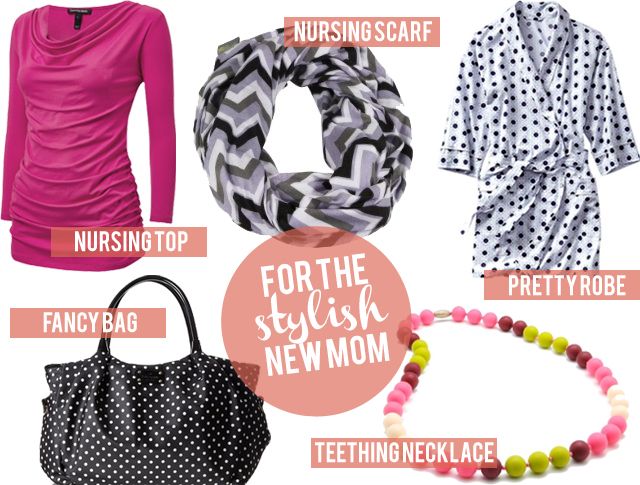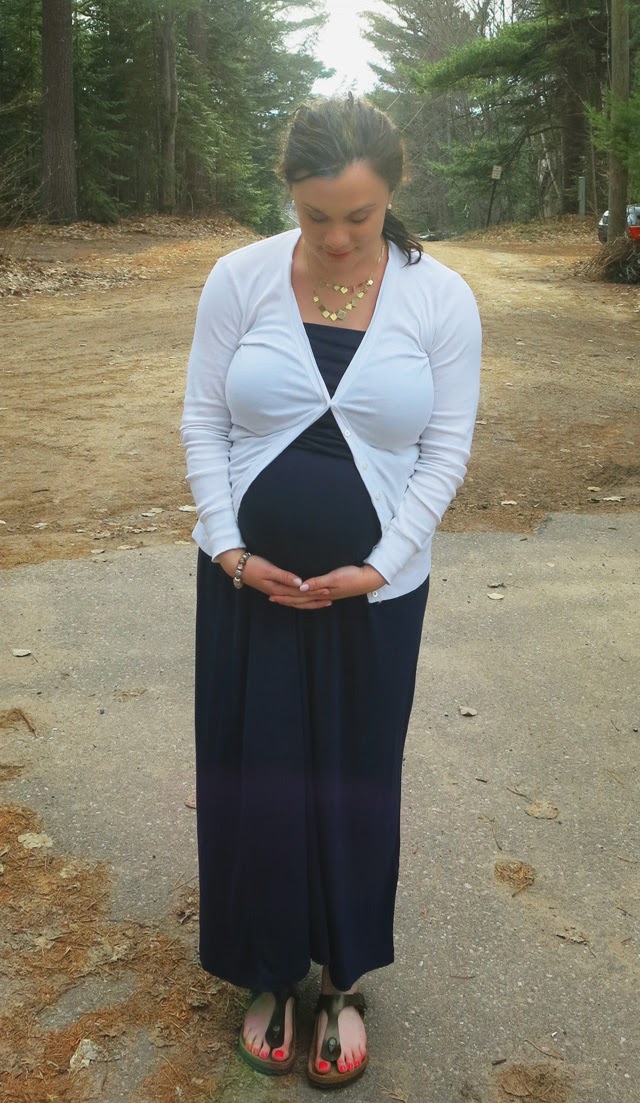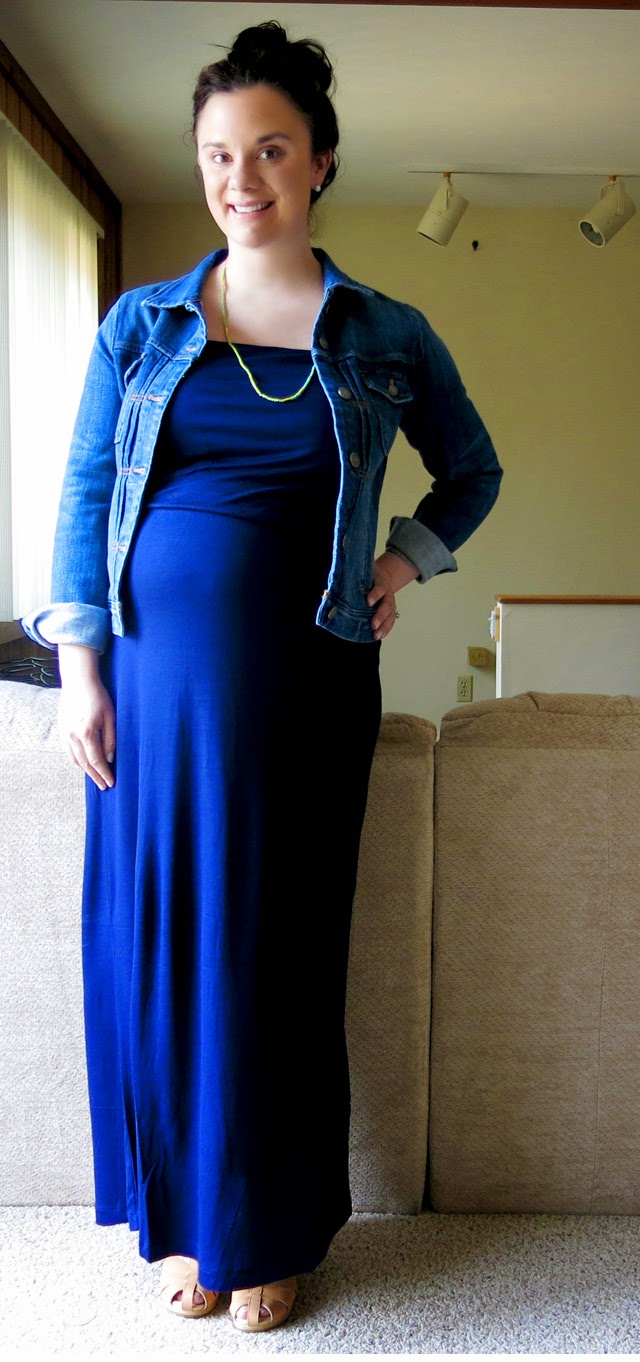It's time already for another
Medical Monday (except that today's Tuesday, sorry), and I thought since
Match Day has come and gone, I should do a recap of residency interviews and the things that helped me along the way. For anyone that isn't familiar with the process, residency interviews entail first filling out an online application complete with medical school grades and activities, board scores, letters of recommendation, and a personal statement and then sending that application electronically to a bunch of residency programs in the field you are interested in (or in my case, two fields - emergency medicine and OB/GYN). Shortly afterward, the interview invitations starting coming and interview season officially starts. In February, a rank list of programs is due, both from the applicant and the programs. And then sometime in March, the rank lists of both the programs and applicants go into one big computer algorithm to give medical students their match, the culmination of four years of hard work and many years of dreaming of becoming a doctor. So let's talk about residency interviews!
White coat ceremony just before med school started
How should I write my personal statement?
I really like to write, so this was one of the least painful parts of the process for me (although I've heard otherwise from many medical students). For my personal statement, I used my typical essay-writing format of starting with a story that touched me (I told a story from my time working in Haiti,
this one - if you happen to watch the video the girl in the white tee/navy scrub pants is me ha). I then mentioned four strengths/qualities that would help me become a good physician and developed one in each paragraph, backing them up with anecdotes from growing up, college, doing volunteer work, working as a nurse, etc. There are a million different ways to write your personal statement, but this one worked for me. A couple tips that I've heard pretty universally are to keep it to just over a page since program directors don't have time to read a 5 page personal statement (mine was close to two pages) and try to open with something that will catch the program director's interest and set yours apart from the million others that they will read. Lastly, have a few people read it - I had several family members and friends read it including one of our assistant deans, my dad (a family physician), and my best friend's husband who has a master's in English.
Where should I apply?
Most people recommend that you should apply broadly, although it definitely depends on the specialty, the strength of your application, and your own personal/family situation. I originally put in 10 emergency medicine applications and 6 OB/GYN applications, but I added a few more based on our school's recommendation to apply to at least 15 programs for EM. I got interviews at most of the places where I applied and then ultimately ended up going to 10 EM interviews and 2 OB/GYN interviews. It's good to go to interviews at programs with a varying level of competitiveness. My husband and I are midwest people, so I didn't want to fly all over the country (although retrospectively Florida would have been nice) but I did fly to the east coast for a couple of interviews.
What should I wear?
Probably my favorite topic, which I already talked about
here :) I recommend a dark suit (black, navy, or charcoal) in a solid color or a subtle pinstripe. One applicant on my interview trail wore a pale grey suit, but keep in mind that this will set you apart (the program director actually commented on it during our interview tour, jokingly but still commented on it). Either a skirt or pants is fine (I love skirt suits but pants are definitely more comfortable for walking tours) and I met a few people who wore a suit dress with a blazer. It's nice but not completely necessary to have two suits (there were weeks where I had 3 or 4 interviews in a week so having two made it easier). I had one black suit from Loft (that I found on clearance for a ridiculous price) and another charcoal pinstripe skirt suit from J. Crew. Ultimately I ended up wearing my Ann Taylor black blazer with a pair of black maternity dress pants, so I definitely could have gotten away without the J. Crew suit but oh well (speaking of which, if anyone is in the market for a
J. Crew charcoal pinstripe suit only worn a few times let me know - I'm normally a size 8 or 10 but this is a 12 since I wore it when I was 5-6 months pregnant). A shirt in a fun color, style or pattern is a good way to show your personality underneath a professional suit. I'm wearing
this J. Crew jeweled collar shirt in my residency picture and I also like
this one,
this one (I found sleeveless blouses to be the most comfortable under a suit jacket) and
this one. As for shoes, a pair of pointed heels is nice, but I only wore
these for the first couple of interviews - after that I stuck with a pair of buckle toe short heel shoes similar to
these (so much better for long walking tours).
Residency picture
Residency interview outfit (loose shirt to conceal the baby belly!)
What should I say?
What I found is that as my interviews progressed, I prepared less and less, partly because you just become more relaxed about the whole thing and partly because a lot of questions repeat themselves from interview to interview. For every interview, it's important to look at the residency program's website the night before and familiarize yourself with a few unique characteristics of the program to bring up during your interview. You should also have a few questions ready to ask the program director and the faculty that will interview you. Yes it gets old after you've already done 10 interviews, but if you don't have any questions you'll look a little uninterested in the program. My fallback question if I had nothing else was "What in your opinion sets your program apart from other residency programs in this field?"
As far as preparing for the interview questions that you will be asked personally, I practiced with Stephen in the car during my first couple of interviews (we had about 25 hours in the car total driving from Michigan to the Mayo Clinic to Buffalo, New York and back - it was especially fun with a pregnant bladder). I googled "common questions asked during emergency medicine residency interviews" along with the same for OB interviews, found a couple of good lists, and went through them with Stephen. As far as what I was actually asked, most of it wasn't a surprise. A few repeats that I got:
- What makes you want to go into this field?
- Tell me about one of your weakness and what you've done to combat it.
- What field of medicine would you chose if this field didn't exist and why?
- What career would you choose if medicine weren't an option for you?
- Describe an ethical situation you encountered recently and how you dealt with it.
- Tell me about a mistake that you made and what you did about it.
- How would your best friend describe you in three words?
And the weirdest question that I remember: "Is it ever ok to lie?"
Stephen and I at a medical school honors dinner
How should I rank them?
This is by far the hardest question (unless you're like me and undecided between two specialties until the last minute) and is one that only you can answer. Many, many people told me to "go with your gut feeling" and this was a factor in my decision. Ultimately the program that I chose was the one where I left saying that I could see myself there for the next few years and where I also felt comfortable around the residents and faculty. Overall I got the feeling that the residents supported each other, felt that they were getting a great education, and were happy there.
Some of the best advice that I received about ranking programs was from the residency coordinator at Johns Hopkins. She told us that after we finished interviewing, we needed to go home and sit down with our spouse/significant other alone in an environment where we wouldn't be interrupted. She then told us to look into our spouse's eyes and ask where they wanted to go for residency. She talked about the sacrifices that our spouses had made for us and would continue to make, and emphasized how difficult residency is on relationships and how important it was for our spouse to be happy during these intense years. Stephen and I had this conversation a couple of times, and I'm grateful that we ended up at our top program which we mutually agreed was the best place for my education, but more importantly for our family.
More posts on residency:
What to wear for residency interviews
Tough Decisions
I finally know what I want to do with my life...
Match Day




















.JPG)































